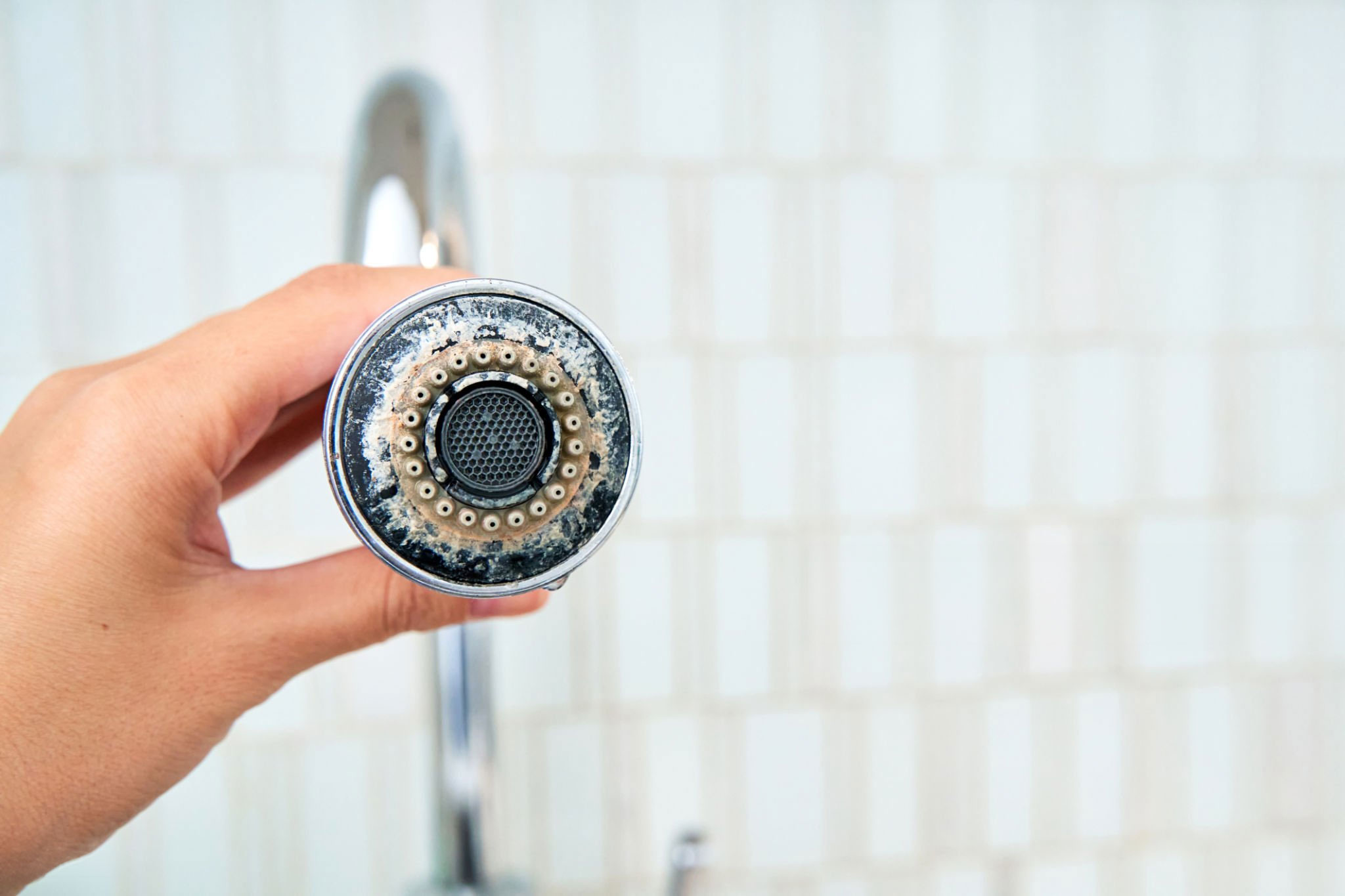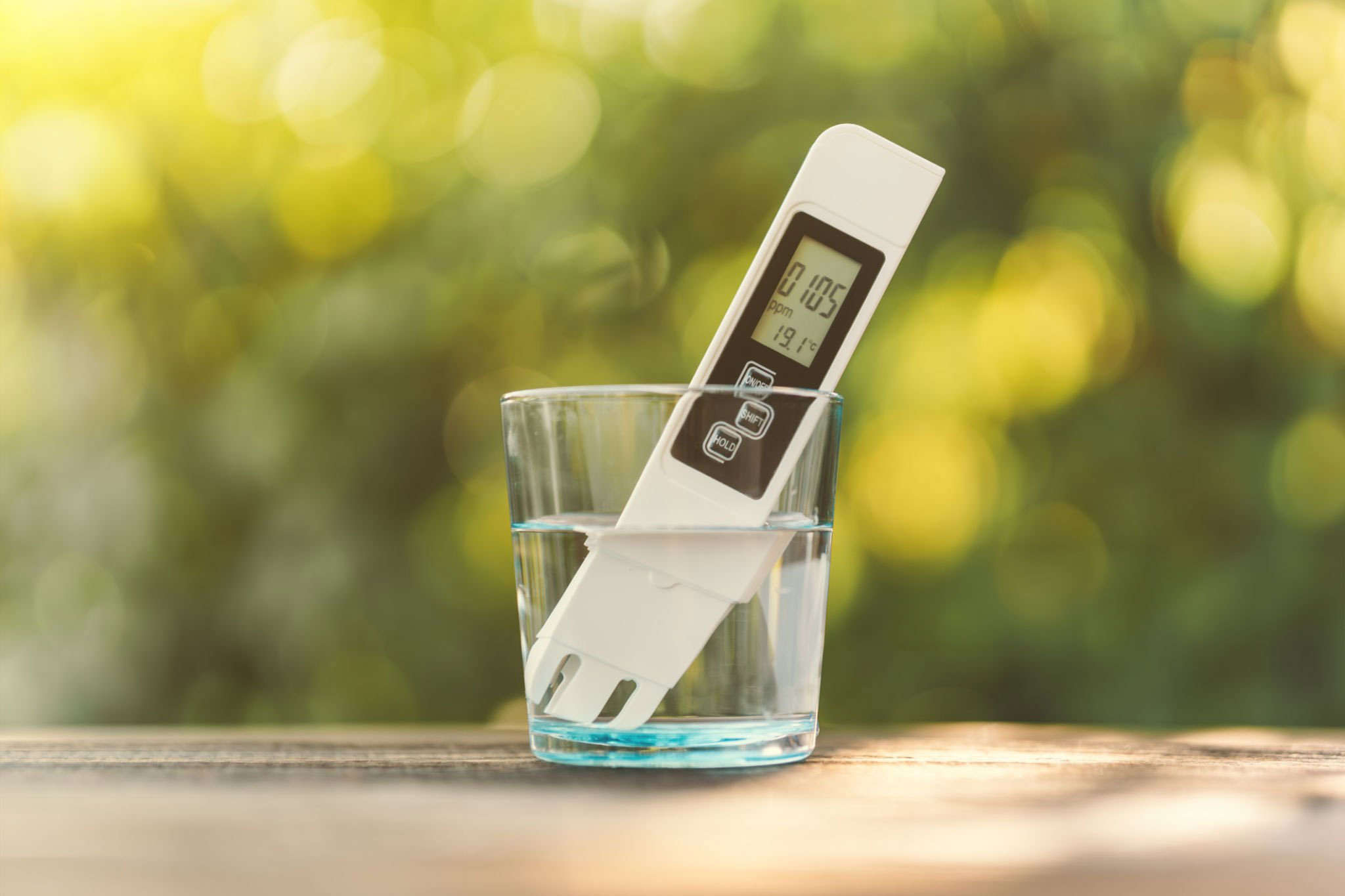Have you ever heard of “hard water”? While this may seem like an oxymoron, it’s a common issue that may have infiltrated your home without you even realizing it! Hard water contains a high amount of minerals, which can be detrimental to your plumbing, appliances, and even your hygiene. Learning about hard water will allow you to identify if it’s the culprit for your problems, and how to take measures to correct it.
Signs of hard water include:

- Tub and sink stains, which may present themselves as:
- White or chalky residue, known as “limescale”
- Rust-colored stains a result of iron deposits
- Soap scum buildup on shower doors, bathtubs, etc
- Plumbing problems, such as:
- Clogged pipes due to buildup of limescale deposits
- Reduced efficiency in dishwashers, water heaters, washing machines, and other appliances because of mineral buildup
- Clothes and dishware not being cleaned appropriately
- Clothes becoming faded or rough to the touch after being washed, due to hard water mitigating the effects of laundry detergent
- Streaks or spots on dishware after a thorough cleaning, due to mineral deposits remaining on surfaces after water evaporates
- Dryness after a shower
- Skin feeling suddenly dry or itchy after showering
- Hair appearing dull and lifeless even when freshly washed
If any of these signs ring true for you, you should test for hard water in your home.
There are several easy methods for testing, such as:
-

Testing with soap
- Let water from your tap fill a container about halfway before adding a few drops of liquid soap. Shake the container and notice what happens to the water. Cloudy water with few suds indicates hard water, while clear, sudsy water is a good sign that your water is soft.
- Utilizing test strips
- Water hardness test strips can be purchased online or at a hardware store. All you have to do is dip the strip into tap water and analyze the provided chart to see the hardness of your water.
- Professional water testing
- It is a good idea to have your water assessed by professionals in order to get clear results and expert advice on a strategy moving forward.
So, you have hard water in your home. What now?
Once you determine that you are experiencing the effects of hard water, it is time to take action to reverse it. Water-softening can be achieved by:
- Installing a water-softener
- A water-softener works by removing the hard minerals such as calcium and magnesium from the water and replacing them with sodium or potassium ions.
- Using water-softening additives
- Utilizing water-softening additives in your laundry can help to combat the effects of hard water on your clothing.
- Installing a whole-house filtration system
- A whole-house filtration system can improve your overall water quality by reducing the amount of minerals in it.
If you take these actions to soften your water, you are sure to see improvements in cleaning, appliances, hair, and more! Need help identifying or combatting hard water? TMS has the expertise you need! Call us today at 860-314-1518, and you will have softer water in no time!


